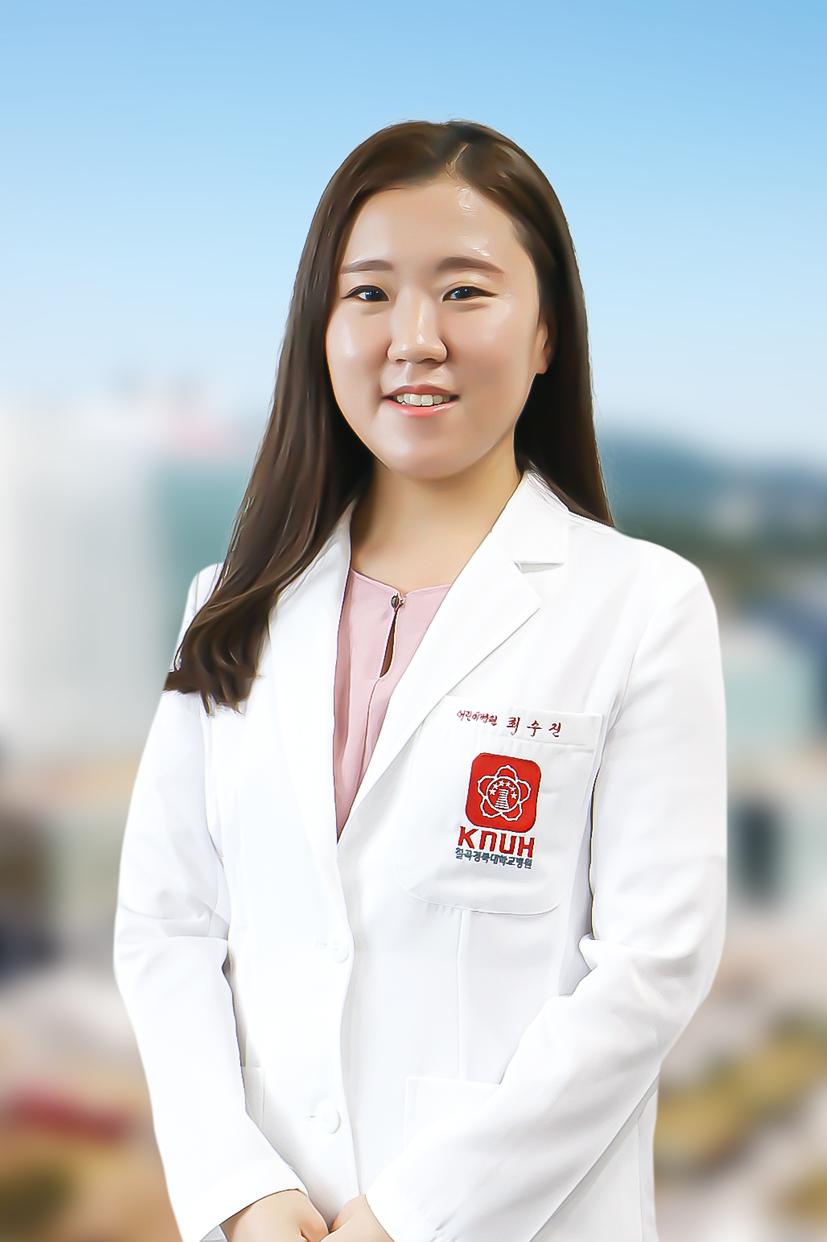Medical Treatment Form
Inflammatory Bowel Disease Clinic
Introduction of department
Inflammatory bowel disease is abnormal chronic inflammation in the intestines that improves and recurs. Inflammatory bowel disease includes ulcerative colitis and Crohn's disease. In the past, it was a relatively rare disease, but the incidence rate began to increase rapidly after the 1980s. In other words, the number of patients with ulcerative colitis and Crohn's disease has been increasing rapidly in recent years. It is analyzed that this is due to the westernization of modern people's diet. And although the correct pathogenesis is not yet clear, it is known that genetic and immunological abnormalities and environmental factors such as stress and drugs are involved.
Ulcerative colitis is characterized by inflammation of the colonic mucosa leading from the rectum to the proximal part of the large intestine, and bloody excrement, urgent stool, and diarrhea are the main symptoms. Crohn's disease can occur throughout the gastrointestinal tract from the mouth to the anus, usually complaining of abdominal pain, diarrhea, general weakness, and may be accompanied by weight loss or anal pain. In severe cases, it is a disease that can significantly affect the quality of life due to intestinal stenosis, perforation, and fistula.
Given that it is a chronic recurrent disease that is difficult to cure, the purpose of treating inflammatory bowel disease is to keep "remission" in which symptoms are alleviated or almost eliminated for a long time and to improve the quality of life. For the treatment of inflammatory bowel disease, anti-inflammatory drugs, steroids, immunomodulators, biological drugs, and low molecular substance drugs are generally used appropriately depending on the patient's condition and the condition of the disease. Recently, achieving not only clinical remission but also endoscopic and histological remission has become a new treatment goal. Accordingly, biological drugs are highly effective in curing intestinal mucosa and have been used a lot recently. As there are various treatment options, long-term remission can be expected if the appropriate treatment for the patient is started at the right timing.
Ulcerative colitis and Crohn's disease cause chronic inflammation and ulcers in the intestines, and require long-term and continuous treatment because recurrence is frequent and improvement and deterioration are repeated. We will do our best for a healthy life for patients with inflammatory bowel disease through professional counseling on the treatment of drugs and surgical treatment of patients.
DOCTOR LIST
* Список обновлен по состоянию на 1 сентября 2025 года.
-
 Choi, Sujin
Choi, Sujin
- Department
- Pediatric Gastroenterology, Hepatology and Nutrition, Inflammatory Bowel Disease Clinic
- Specialty
-
- Gastrointestinal and hepatobiliary diseases, nutritional diseases
-
- Department
-
 Lee, Sungmin
Lee, Sungmin
- Department
- Colorectal Surgery, Colorectal Cancer Center, Cancer Survivor Clinic, Inflammatory Bowel Disease Clinic
- Specialty
-
- Benign colon, rectal disease, laparoscopic surgery, benign anal disease
-
- Department
-
 Lee, HyunSeok
Lee, HyunSeok
- Department
- Gastroenterology, Colorectal Cancer Center, Inflammatory Bowel Disease Clinic
- Specialty
-
- Inflammatory bowel disease (Crohn's disease, ulcerative colitis) clinic, colorectal cancer, colorectal polyp, small bowel disease
Inflammatory bowel disease (Crohn's disease, ulcerative colitis) clinic, small bowel 3D capsule endoscopy, colorectal cancer, colorectal stent, colorectal diagnostic endoscopy, colorectal therapeutic endoscopy, colorectal endoscopic polypectomy, colonoscopy
- Inflammatory bowel disease (Crohn's disease, ulcerative colitis) clinic, colorectal cancer, colorectal polyp, small bowel disease
-
- Department